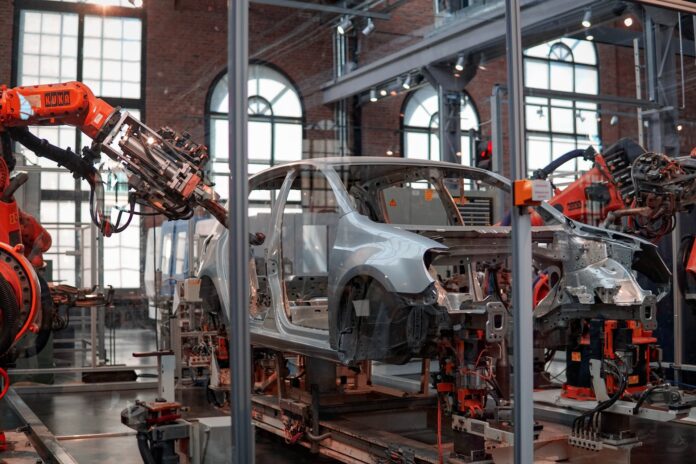In recent years, automation has emerged as a powerful tool that has transformed the way businesses operate. With the advent of new technologies, companies are increasingly turning to automation to streamline their operations, cut costs, and increase efficiency. As a result, the role of automation in the future of work and industry cannot be underestimated.
The Benefits of Automation
One of the primary benefits of automation is its ability to increase productivity. By automating routine and repetitive tasks, companies can reduce the time and effort required to complete these tasks, freeing up employees to focus on higher-level tasks that require more creativity and critical thinking. Additionally, automation can help reduce errors, increase accuracy, and improve quality, resulting in better products and services.
Another advantage of automation is its ability to reduce costs. By automating tasks, companies can reduce the need for labor, which can result in significant savings over time. Additionally, automation can help reduce waste, optimize resources, and improve efficiency, all of which can contribute to cost savings.
The Future of Work and Industry
As automation continues to evolve, it is likely to have a significant impact on the future of work and industry. For example, many jobs that are currently performed by humans may be automated in the future, which could lead to job displacement and unemployment. However, automation is also likely to create new jobs that require specialized skills and knowledge, such as robotics engineers and automation technicians.
In addition, automation is likely to change the way we work. With the ability to automate routine tasks, companies may begin to adopt more flexible work arrangements, such as remote work and job sharing. Additionally, the use of automation may enable companies to operate 24/7, leading to a more dynamic and responsive business environment.
The Challenges of Automation
Another challenge is the potential for automation to widen existing inequalities. For example, automation may increase the demand for highly skilled workers while reducing the demand for low-skilled workers, resulting in a greater income gap between the two groups.
While automation offers many benefits, it also presents several challenges. One of the primary challenges is the need to retrain and reskill employees who may be displaced by automation. As automation becomes more prevalent, many workers will need to acquire new skills and knowledge to remain relevant in the workforce.
Automation is not a new phenomenon. Automation technology has been around for centuries, starting with the invention of the spinning jenny in the 18th century, which automated the process of spinning thread. However, the rate at which automation is advancing today is unprecedented, thanks to the rapid development of artificial intelligence and machine learning.
The potential applications of automation are almost limitless. In addition to manufacturing and production, automation is being used in fields such as healthcare, finance, and transportation. For example, autonomous vehicles are poised to revolutionize the transportation industry, while automated medical diagnoses could help improve healthcare outcomes.
One of the most exciting applications of automation is its potential to help address some of the world’s most pressing challenges, such as climate change, food security, and healthcare access. For example, automation could help increase food production and reduce waste, leading to more sustainable agriculture practices. Similarly, automated medical diagnoses could help improve access to healthcare in underprivileged areas.
However, as with any technological advancement, automation also presents risks and challenges. One of the most significant risks is the potential for automation to be used to exploit workers. For example, companies may use automation to replace workers and increase profits without providing adequate compensation or job security.
In addition to ethical considerations, there are also legal and regulatory issues that need to be addressed as automation becomes more prevalent. For example, there may be questions about liability when automated systems fail, or concerns about the impact of automation on privacy and data protection.
Despite these challenges, there is no doubt that automation will continue to shape the future of work and industry. To ensure that the benefits of automation are shared equitably and that the risks are mitigated, it will be important to engage in ongoing dialogue and collaboration between policymakers, businesses, workers, and other stakeholders.
One potential solution is to prioritize investment in education and training to help workers adapt to the changing nature of work. This could involve developing new skills and competencies that are in demand in the automated workplace, such as critical thinking, problem-solving, and creativity. It could also involve providing support for workers who are displaced by automation, such as retraining programs and income support.
Conclusion
Automation is set to play a significant role in the future of work and industry. While it offers many benefits, it also presents several challenges that must be addressed. To ensure that the benefits of automation are realized while minimizing its negative impacts, policymakers, businesses, and workers must work together to develop strategies that promote a smooth transition to an automated future. By doing so, we can harness the power of automation to create a more efficient, productive, and equitable society.

